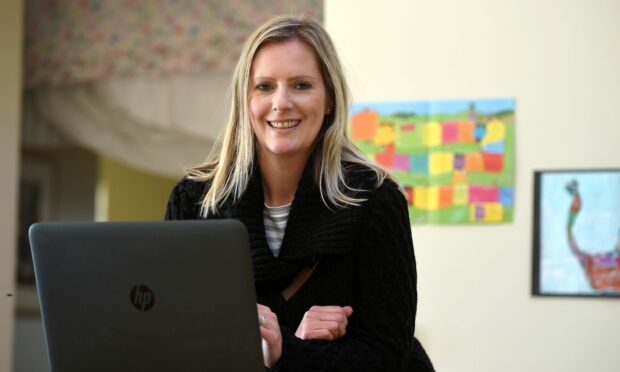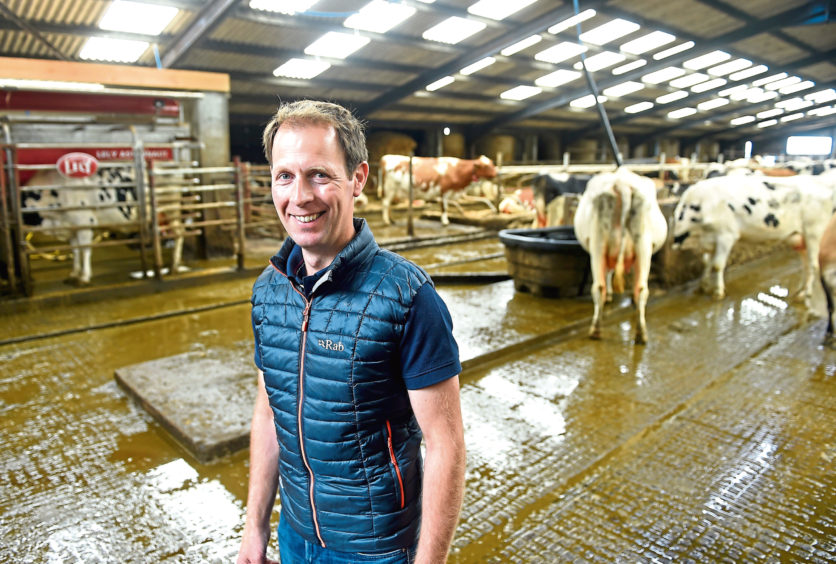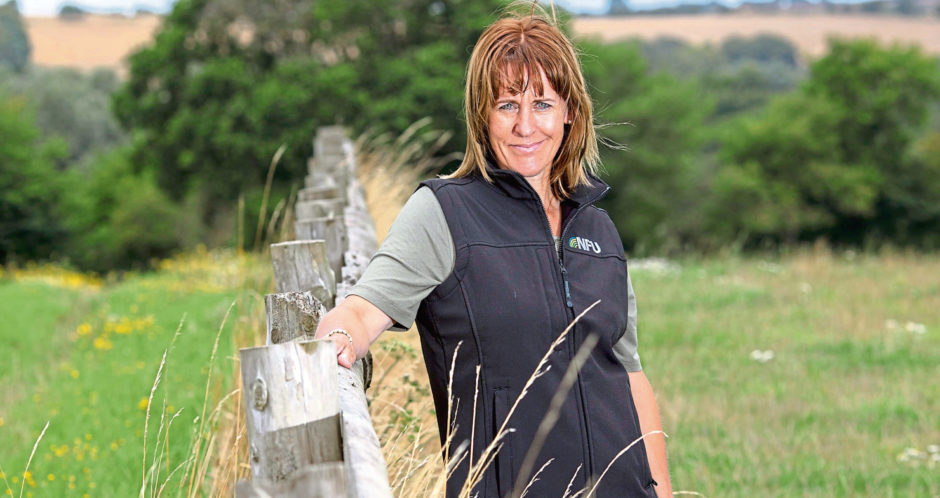At time of writing, it is Valentine’s Day and I have just made a batch of heart-shaped chocolate chip banana cakes for my three loves (Nick and the girls); oversized scarlet-heart felt bunting that I made two years ago for our pop-up waffle barn hangs the full length of our kitchen.
“It’s good to celebrate love, Mum,” my wise-beyond-her-years six-year-old told me as we left for the school run that morning, handmade Galantine’s card carefully zipped into her bag for her best friend.
I agreed and seized the opportunity to explain that love comes in all forms – between friends, between families, between boys and girls, as well as between people of the same gender – because I want them to learn about gender identity and orientation, growing up to know they can be whoever they want to be without fear or shame.
Perhaps I’m hyper-sensitive to any perceived lack of diversity living where and as we do – in a small rural community, on a fourth-generation farm, Dad going out to work, Mum ‘at home’ combining work with childcare – and ultra-conscious of gender stereotypes influencing the girls’ relationship choices or career paths, especially with parents working in a traditionally male-dominated industry.
However, there is more to our bucolic picture of farming life than meets the eye.
Crucially, Nick and I have chosen and cultivated our roles over the years, adapting to our family and the farm’s ever-changing needs but as the farm blogger, Chloe Dunne, points out despite the large percentage of women working in agriculture, often unpaid roles and work done off-farm is neither recognised nor documented.
According to Defra, there are more than 25,000 women running farms in the UK and 28% of the agricultural workforce is female but Dunne is midway through a four-year research project at the University of Nottingham focusing on the roles and recognition of women in UK agriculture.
She cites the importance of women in the “economic strengthening and sustainability” of the sector as well as women’s pivotal role in diversification and off-farm work.
The agricultural sector is attracting an increasing number of females into the industry at a professional level and at Rootfield, we have noticed an upsurge in vet students applying for work experience on the farm in recent years and that they are predominantly female.
Nick also regularly works alongside female nutritional experts as well as agronomy and business consultancy specialists.
It was certainly a step forward for female farming when Minette Batters first took up the NFU president post in 2018, representing the first ever female president in the organisation’s 110-year history. The Wiltshire farmer went on to be re-elected for a second two-year period in 2020.
Meanwhile, the BBC’s ‘This Farming Life’ series does a great job of highlighting women farmers in Scotland, including shepherdesses Emma Gray of Ardross Farm, Isle of Bute, and Joyce Campbell of Armadale Farm, Sutherland, and dairy farmer, Kayleigh Love of Bridge of Aird Farm, Stranraer.
Like us, the south Scotland dairy farm has diversified into milk vending with their on-farm Wee Aird Dairy business selling fresh milk in refillable glass bottles.
Encouragingly, the then Minister for Women and Equalities, Elizabeth Truss, said in 2016 that more women than ever were looking to careers in food and farming and I agree that diversification has created opportunities for all genders to work in the sector.
Besides the dairy processing at Rootfield, we support nine other local artisans and farmers via our farm shop and have two full-time positions as well as seasonal roles because of diversification.
The farm shop and a Women in Agriculture Training Grant from not-for-profit training body Lantra have also enabled me to launch and develop my fledgling botanical skincare business.
With this alongside my management support and creative direction responsibilities, I hope the girls can see that working ‘at home’ on a diversified farm is rewarding – for me.
All I want for them is to find something that sparks their unique interests, whatever they may be.
- Jo lives at Rootfield Farm in the Black Isle with her husband Nick, daughters Daisy and Mollie, and 120 dairy cows. They run the Black Isle Dairy.


